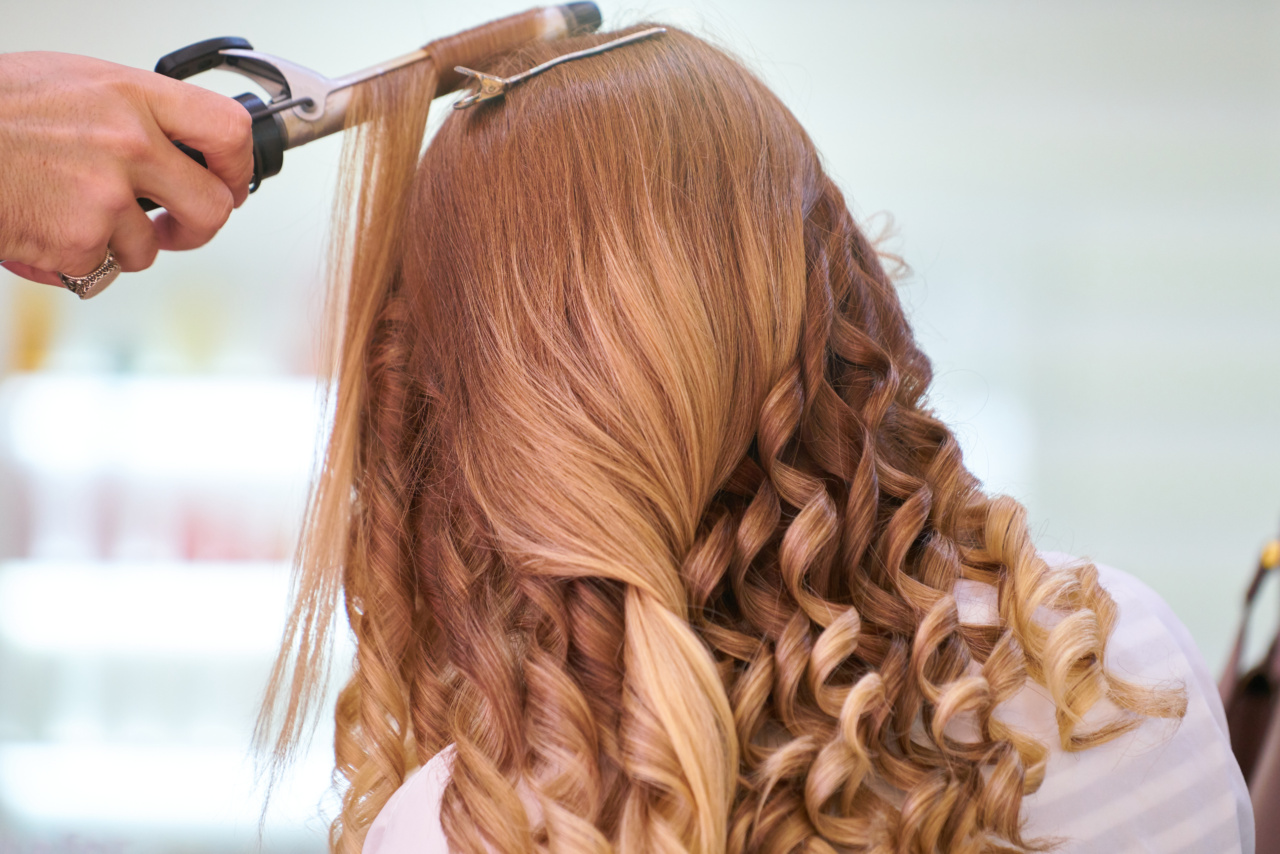Hair holes, also known as hair follicles, are tiny openings in the skin where hair grows. Each hair hole contains a hair bulb, which is surrounded by blood vessels that supply necessary nutrients to the hair follicle.
These nutrients include vitamins, minerals, and trace elements, such as iron.
The Importance of Iron for Hair Growth
Iron is an essential mineral that plays a vital role in various bodily functions. One of its significant functions is the transportation of oxygen to cells throughout the body, including the hair follicles.
Adequate oxygen supply is crucial for the growth and maintenance of healthy hair.
Iron deficiency can have a negative impact on hair growth. When iron levels in the body are low, the hair follicles receive less oxygen and nutrients, leading to a condition known as iron deficiency anemia.
This condition can result in hair thinning, brittle strands, and slow hair growth.
Iron and the Hair Growth Cycle
The hair growth cycle consists of three phases: anagen (growth phase), catagen (transition phase), and telogen (resting phase). Each hair follicle goes through this cycle independently. During the anagen phase, the hair actively grows.
Iron deficiency can disrupt this cycle and cause a larger number of hair follicles to enter the telogen phase, leading to excessive hair shedding.
Iron is also necessary for the production of melanin, the pigment that gives hair its color. Iron deficiency can affect melanin production, resulting in premature graying of the hair.
Sources of Iron
It is important to include iron-rich foods in your diet to maintain optimal iron levels and support healthy hair growth. Here are some excellent dietary sources of iron:.
- Red meat
- Poultry
- Seafood, such as oysters, clams, and shrimp
- Legumes, including lentils, chickpeas, and kidney beans
- Tofu
- Spinach and other leafy greens
- Fortified cereals
- Nuts and seeds, such as pumpkin seeds and almonds
- Quinoa
- Dark chocolate
Consuming iron-rich foods along with sources of vitamin C, such as citrus fruits, bell peppers, and tomatoes, can enhance iron absorption in the body.
Iron Supplements for Hair Growth
In some cases, dietary sources may not provide sufficient iron for individuals with iron deficiency. In such instances, iron supplements may be recommended by healthcare professionals.
These supplements come in various forms, including tablets, capsules, and liquids.
It is essential to consult with a healthcare provider before starting any iron supplements. They can determine the appropriate dosage based on your iron levels and overall health. Taking too much iron can be harmful, so proper guidance is crucial.
Other Factors Affecting Iron Absorption
While consuming iron-rich foods or supplements is important, several factors can affect iron absorption in the body. Here are some points to consider:.
1. Enhancers: Consuming iron-rich foods with enhancers, such as vitamin C or foods containing citric acid, can improve iron absorption.
2. Inhibitors: Certain substances can hinder iron absorption. These include tannins found in tea and coffee, calcium-rich foods, and foods high in phytic acid, such as whole grains and legumes.
It is advisable to avoid consuming these inhibitors with iron-rich meals.
3. Iron from Plant Sources: Iron from plant-based sources, known as non-heme iron, is not as easily absorbed by the body compared to heme iron found in animal products.
To enhance absorption, combining plant-based iron sources with enhancers, as mentioned earlier, can be beneficial.
Iron Deficiency and Hair Loss
Iron deficiency is a common cause of hair loss, especially in women. When the body lacks iron, it prioritizes the distribution of iron to essential organs over non-essential ones like hair follicles.
As a result, hair growth is compromised, leading to hair thinning and even hair loss in severe cases.
If you experience excessive hair shedding or notice a considerable change in hair texture, it is essential to consult a healthcare professional.
They can conduct necessary tests to determine if iron deficiency or any other underlying condition is causing the hair loss.
Treating Iron Deficiency
To address iron deficiency and promote hair growth, healthcare professionals may recommend the following:.
1. Iron Supplements: If iron levels are significantly low, iron supplements may be prescribed to restore iron levels to normal ranges. It is important to follow the recommended dosage and duration given by the healthcare provider.
2. Dietary Modifications: Increasing the consumption of iron-rich foods can support iron levels. Healthcare professionals may recommend incorporating more iron-rich foods into the diet and avoiding inhibitors of iron absorption.
3. Monitoring: Regular monitoring of iron levels through blood tests can ensure the effectiveness of treatment and help adjust the dosage, if necessary.
Conclusion
Hair holes, or hair follicles, are tiny openings in the skin where hair grows. Adequate iron levels are crucial for healthy hair growth as iron helps deliver oxygen and nutrients to the hair follicles.
Iron deficiency can lead to anemia, disrupt the hair growth cycle, and result in hair thinning and slow growth. To maintain optimal iron levels, it is important to include iron-rich foods in the diet or consider supplements if recommended by a healthcare professional.




























